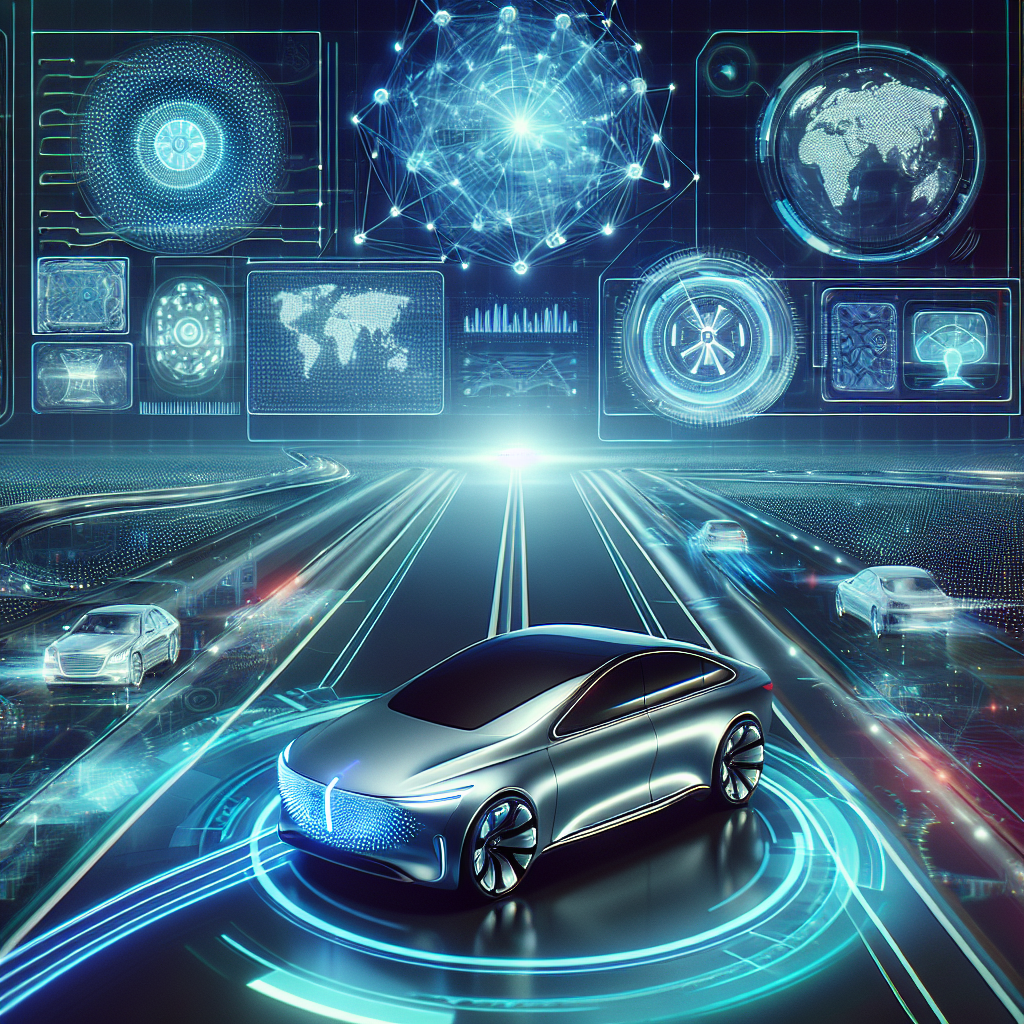The automotive industry is currently undergoing a massive transformation with the rise of self-driving cars. These vehicles, also known as autonomous vehicles, are equipped with artificial intelligence technology that allows them to navigate roads, avoid obstacles, and make decisions without human intervention. This revolution in transportation is not only reshaping the way we think about cars, but also raising questions about safety, ethics, and the future of mobility.
Self-driving cars rely on a complex system of sensors, cameras, and algorithms to interpret the world around them and make split-second decisions. These vehicles can detect other cars, pedestrians, and road signs, and adjust their speed and direction accordingly. This technology has the potential to drastically reduce the number of accidents on the road, as human error is responsible for the vast majority of car crashes.
The development of self-driving cars has been driven by advances in artificial intelligence. Machine learning algorithms are trained on vast amounts of data to improve their ability to recognize patterns and make predictions. This technology is constantly evolving, with companies like Google, Tesla, and Uber investing billions of dollars in research and development.
Despite the potential benefits of self-driving cars, there are still many challenges to overcome. One of the biggest concerns is the ethical implications of autonomous vehicles. For example, in the event of an unavoidable accident, how should a self-driving car prioritize the safety of its occupants versus that of pedestrians or other drivers? These are complex moral dilemmas that will need to be addressed as self-driving cars become more widespread.
Another issue is the potential impact on jobs in the automotive industry. As self-driving cars become more common, there may be a decrease in demand for traditional driving roles, such as taxi drivers and truck drivers. This could lead to job losses and economic disruption in certain sectors.
Despite these challenges, the rise of self-driving cars has the potential to revolutionize transportation. These vehicles have the potential to make roads safer, reduce traffic congestion, and increase mobility for people who are unable to drive themselves. As technology continues to advance, we can expect to see more self-driving cars on the road in the coming years, fundamentally changing the way we think about transportation.


Leave a Reply